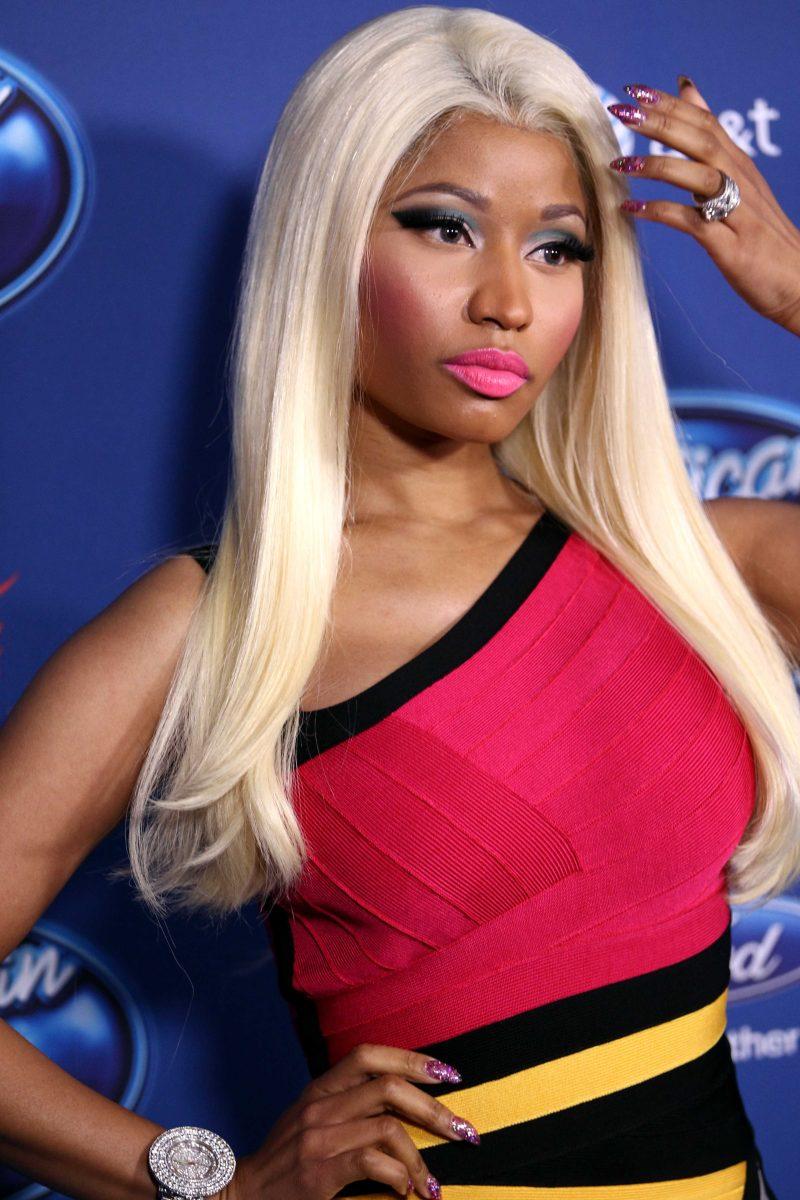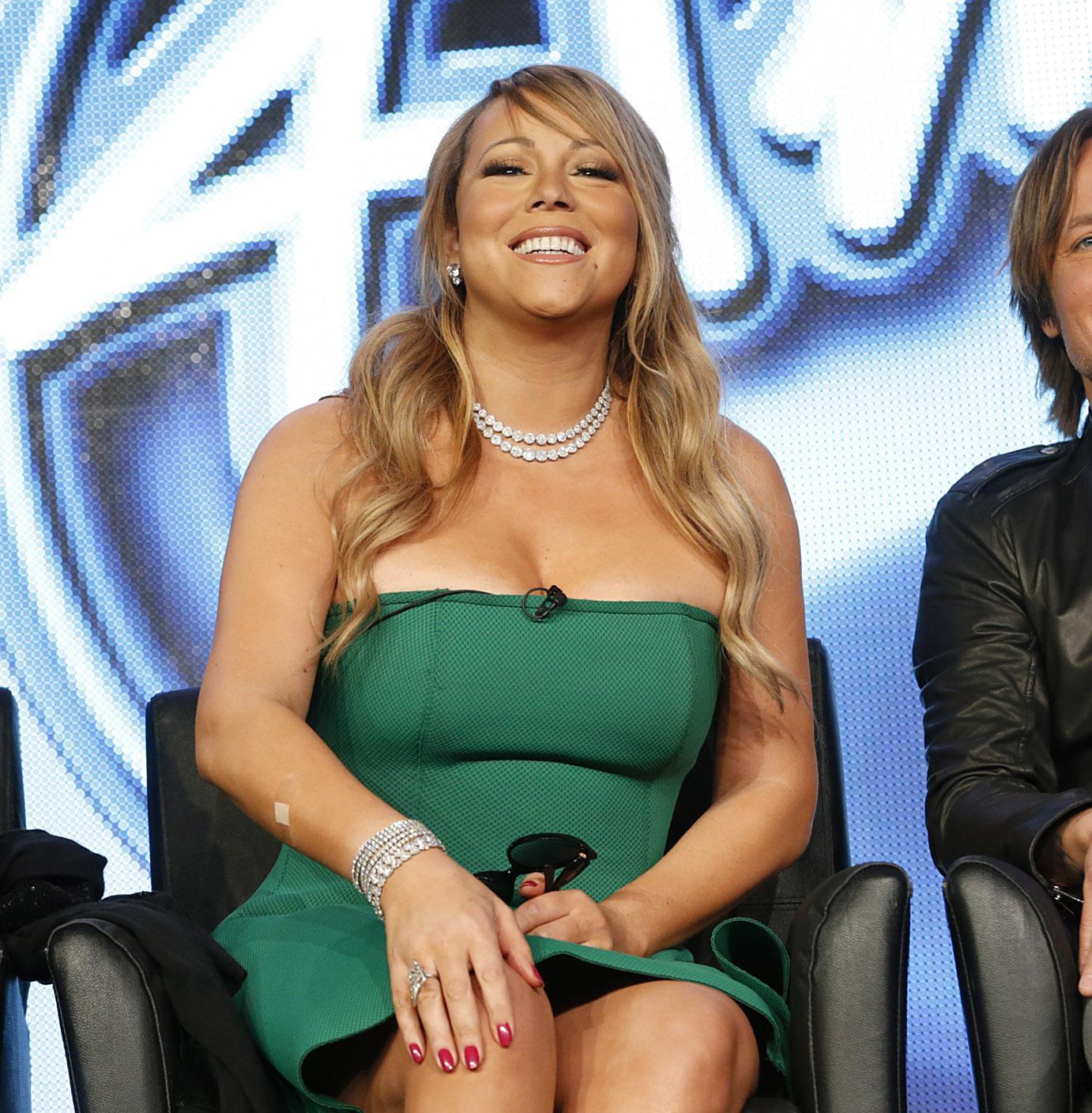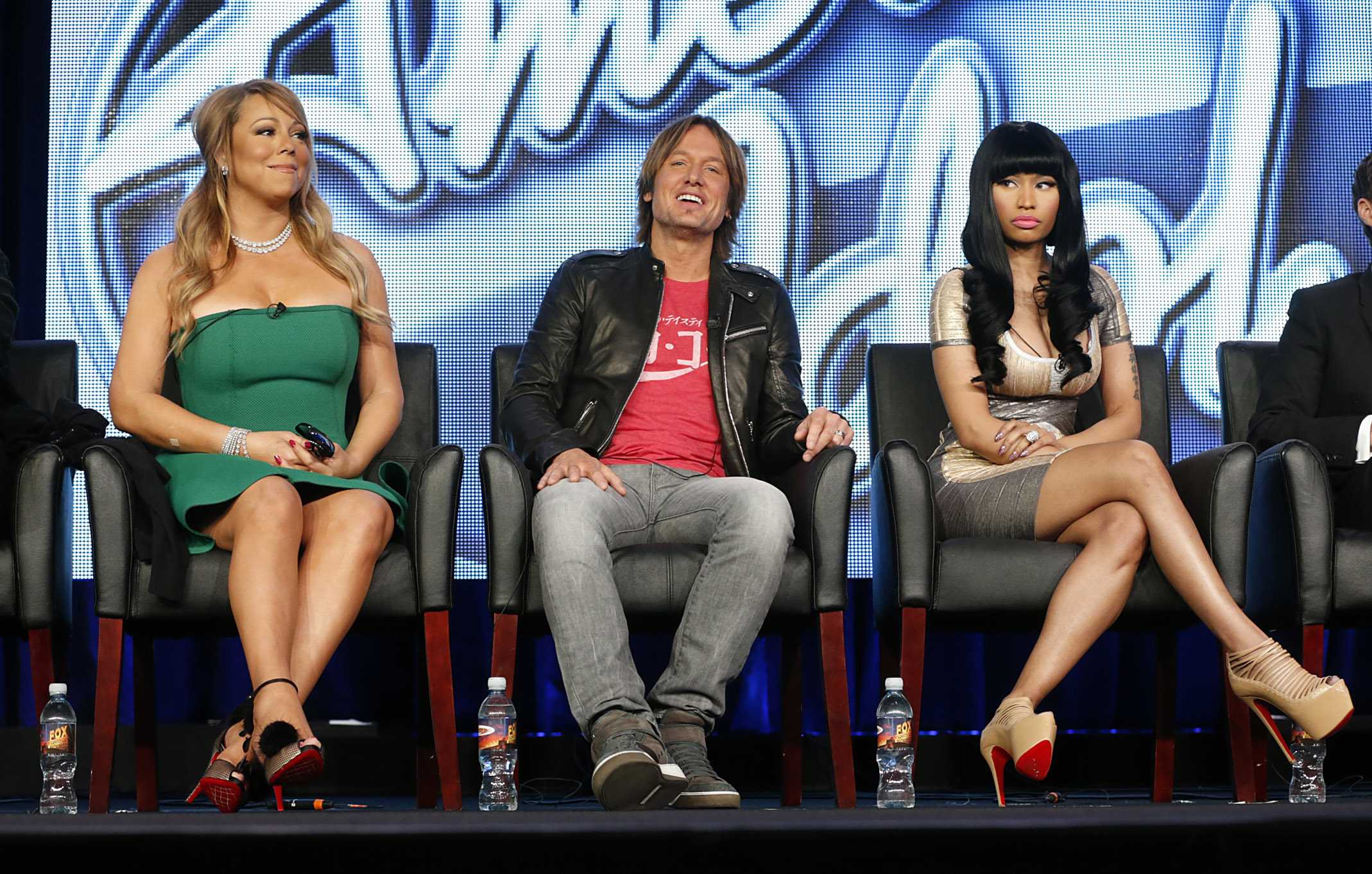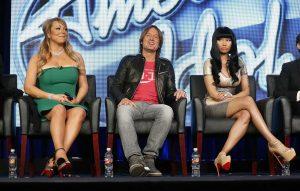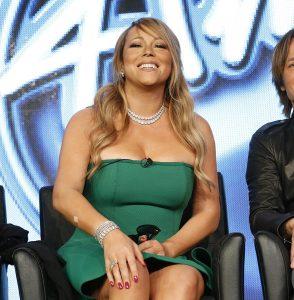Beef is the meat and potatoes of the rap game, and it seems every major rapper has gotten involved in at least one notable conflict with another.
These petty contests of reputation and skill can result in awesome diss tracks or vicious verses smuggled into an otherwise unrelated song. Once spiraling out of control, they can end in tragedy, i.e. Notorious B.I.G. and Tupac Shakur.
But when female rappers get into beef with one another, there’s a different undertone.
The first Twitter beef of 2013 was, coincidentally, between lady MCs Azealia Banks and Raykeea “Angel Haze” Wilson. Twitter being the new frontier of beef, the feud has gotten a lot of coverage in celebrity news.
It sparked up on Jan. 3 over Banks’ tweet challenging anyone who claimed to be a New Yorker without having been born and raised there. Detroit native Haze, who just released the music video for her single “New York,” took offense.
Celebrity gossip guru Perez Hilton weighed in, siding with Haze and being predictably patronizing and superior. He implies in his replies to Banks’ tweets, in which she turned her spite toward the celeb blogger, that she should behave better.
I’m not saying either rapper is innocent in this, but let me point out that Banks never mentioned Haze in her original tweet. Haze chose to react as though she had been mentioned, and that kicked off the deluge of insults more than anything.
But a rapper itching for a fight and finding one is not the problem.
The problem is that Hilton paints Haze as a young lady poised beneath a parasol, defending her slighted reputation from a wild, unsociable heathen.
Since when are rappers beseeched to be gentlemen in their disagreements? Banks has no obligation to be lady-like, and neither does Haze.
The conflict between hip-hop phenomenon and relative newcomer Nicki Minaj and Mariah Carey has been stewing for quite a while, but it took this year’s premiere of the 12th season of “American Idol,” on which Minaj and Carey carry on their feud as fellow judges, to pump things up.
Carey is guilty of the same crime as Hilton, implying that Minaj is garish and unworthy of comparison to a diva like herself. There’s this air of superiority about her, again inviting the term “lady-like” into the fray.
The so-called winner of these spats shouldn’t be determined by the perceived femininity of the contenders.
It might not be prudent or make much sense half of the time, but the rap game thrives on beef. It keeps things interesting. And to exclude women, to demand that female rappers behave well and keep their noses clean, is ludicrous.
I have no problem with rappers or other female artists considering themselves lady-like, but beef does not call for subtlety. Demanding that a woman tone herself down when involved in this time-honored tradition is demeaning.


